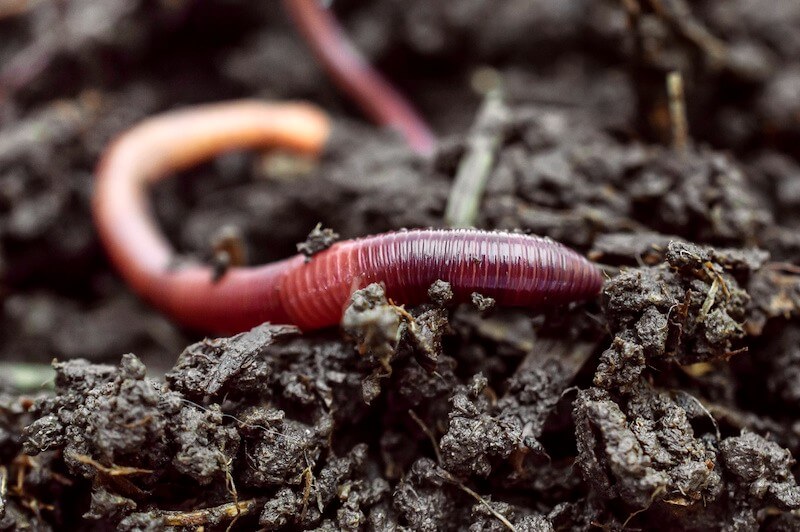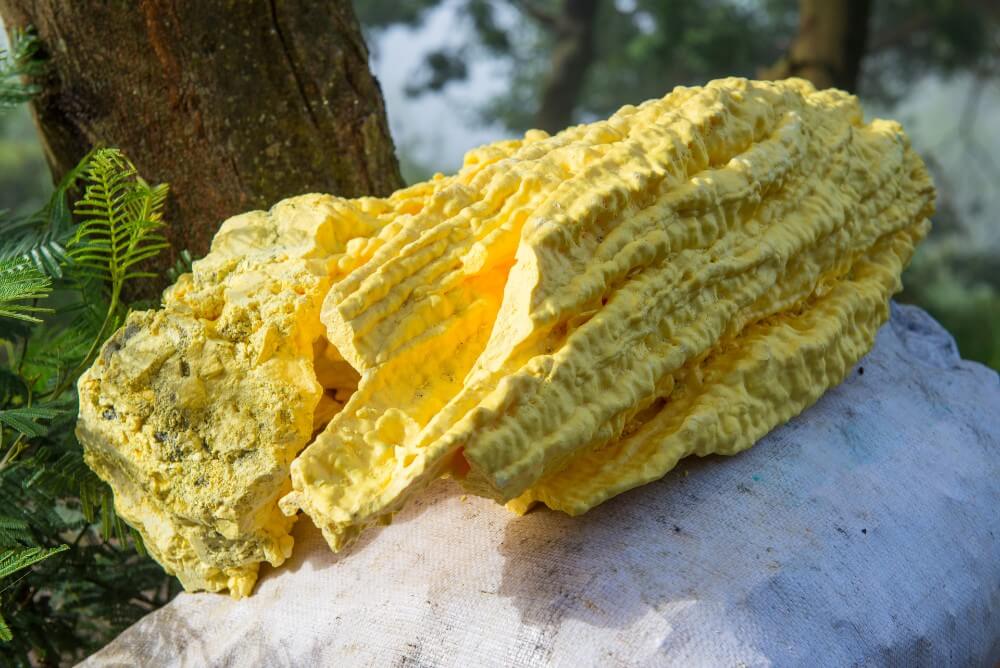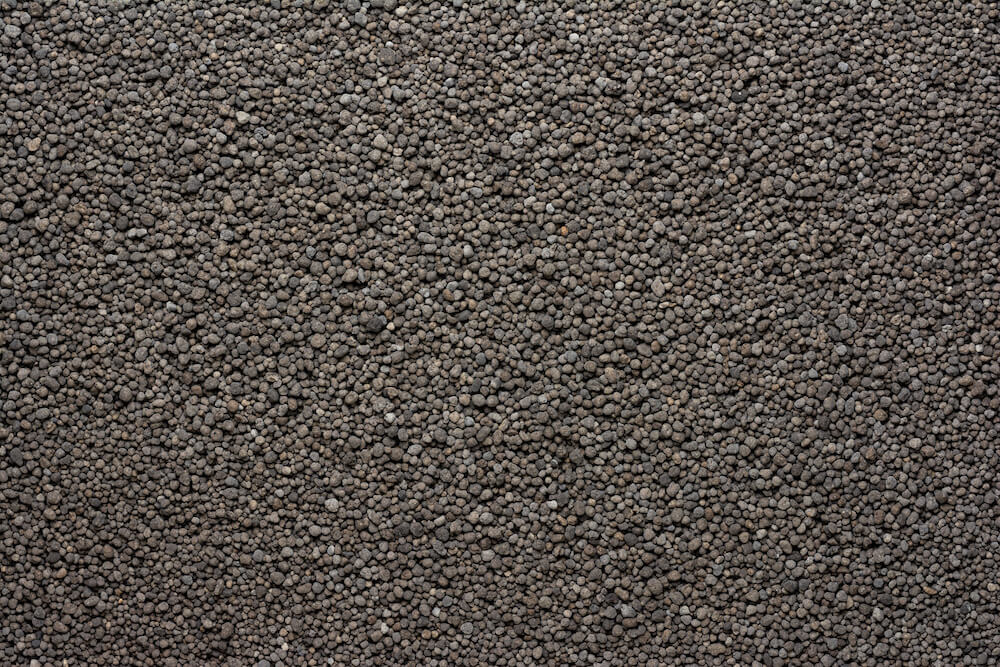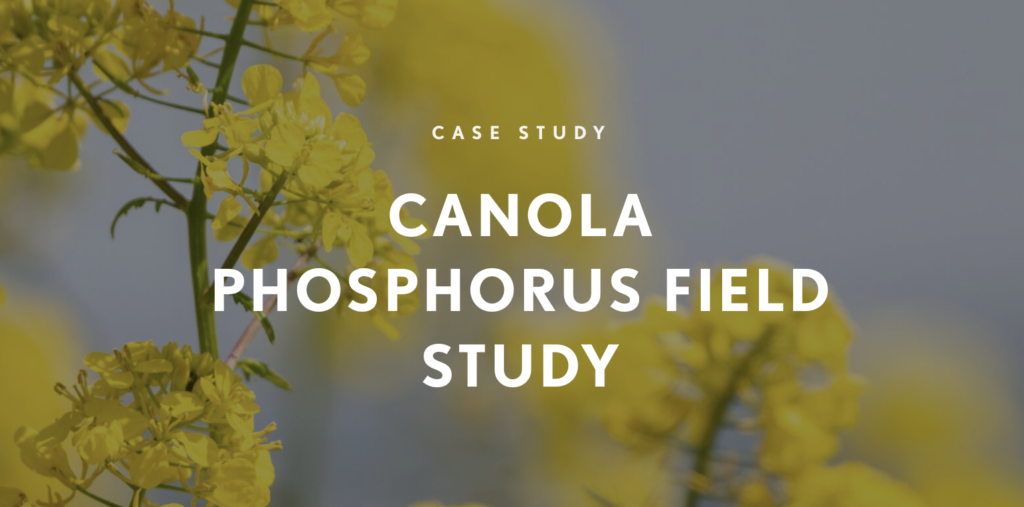Where to Buy
The Science of Soil

Bring back the bugs!
Living microbes are essential to creating the biological conditions to make nutrients plant-available. Soil that’s been fed only ‘vitamins’ is low in microbe activity and relies completely on added nutrients for nourishment. Biologically active soil can supplement its own nutrients ‘on demand’ leveraging your existing investment in the soil.
Elemental Sulphur for Healthy Plants
Sulphur is especially important to plants in the early stage of growth to produce amino acids and protein. Clear signs of sulphur deficiency include pale flowers and poor pod development in canola.
Sulphur in its elemental form must be converted to Sulphate-S before it can be utilized by plants.
And while it’s true that elemental sulphur in its natural state is not plant-available, once it’s activated by healthy soil biology, it becomes very available. In fact, the plant can now draw on sulphur whenever necessary as the soil is in the right condition to convert it.


Natural Rock Phosphate as an Alternative to Synthetic, Non-Sustainable Sources
Rock phosphate is one of the basic raw materials needed in the manufacturing of several synthetic phosphate-based fertilizer products. But converting the rock to plant-available phosphorous requires heavy chemical or heat treatment. These manufacturing methods require massive amounts of infrastructure and capital and are GHG intensive.
Our innovative manufacturing process mimics the conventional process by utilizing a natural biochemical reaction to convert the raw material into a plant-available form. The unique combination of our input ingredients works with the soil’s biology to create a microburst of organic acids thus mimicking the synthetic process without the chemical treatment, harmful by-products, and capital-intensive production process.

